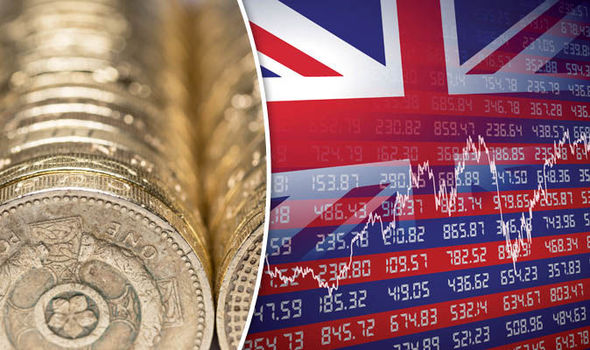
The British economy crisis
The British economy grew more slowly than expected in the third quarter of 2018 as a combination of Brexit-related disruption and sluggish demand compressed business investment.
How it slightly changed
The UK’s gross domestic product rose 0.2% over the previous three months, according to the Office for National Statistics (ONS). It was its slowest quarterly rate since late 2012 and was below analysts’ forecasts for a 0.4% increase. According to data compiled by Bloomberg, growth was weaker than in any other major advanced economy that is not affected by austerity. It was also less than half of what had been seen in recent quarters before the EU referendum vote took place in 2016.
The ONS said the economy was dragged down by a 0.4% decline in business investment, which often signals the start of a recession or a prolonged dip. It was also below the 0.5% increase in consumer spending and exports that growth consultants had been predicting.

Consumer spending in the UK
But the economy nevertheless grew at its fastest pace since the third quarter of 2014, when it was boosted by consumer spending as Britain voted to leave the European Union.
Growth was still above London’s central bank’s forecasts for a quarterly expansion of 0.4% and above estimates for Germany and France, which have both grappled with a slowdown from China over recent months.
However, the slower than expected growth in the third quarter will add to signs that the UK economy is becoming less dependent on consumer spending, with services output rising fastest over the period. That may weaken chancellor Philip Hammond’s hand when he delivers his budget statement to MPs next month.
ONS says that…
The ONS said output in Britain’s dominant services sector increased 0.4% between July and September, as did production in construction. Both were helped to record growth by a bounce from poor performance during the hot summer months. Industrial output, which includes manufacturing and energy supply, was unchanged between July and September after falling during the three previous months.
The ONS said the data indicated that Britain’s economy was increasingly reliant on services and construction. “The UK economy is changing rapidly, with output moving away from production,” said Chris Williamson, a chief business economist at IHS Markit.
“This has implications for the UK’s economic balance and hence net trade, as well as its balance of payments. This will weigh on the chancellor in his autumn budget, where he is likely to have increased spending plans but has reached a settlement with Brussels on the EU budget. It also emphasizes how much of an economic Brexit is still up in the air.
UK’s gross domestic production summary
In summary, we share the idea that the UK’s gross domestic product rose 0.2% over the previous three months. It was its slowest quarterly rate since late 2012 and was below analysts’ forecasts. The economy was dragged down by a 0.4% decline in business investment, which often signals the start of a recession.
Output in the UK’s dominant services sector rose by 0.4% between July and September, according to the Office for National Statistics (ONS). Industrial output, which includes manufacturing and energy supply, was unchanged. The data shows that the UK economy is becoming less dependent on consumer spending.












